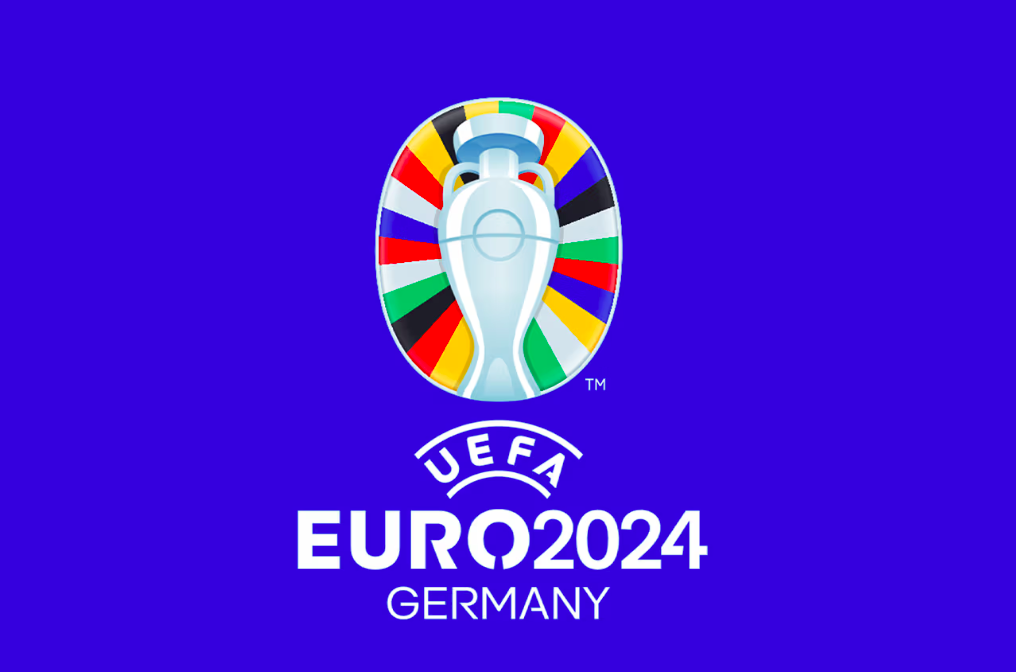Overview
The UEFA European Championship, commonly known as the EURO, is one of the most prestigious football tournaments in the world. Organized by the Union of European Football Associations (UEFA), it has been held every four years since its inception in 1960. The tournament has grown significantly over the decades, showcasing Europe’s best national teams and delivering some of the most memorable moments in football history.
概要
UEFA欧州選手権、通称EUROは、世界で最も権威のあるサッカー大会の一つです。欧州サッカー連盟(UEFA)によって組織され、1960年の創設以来4年ごとに開催されています。大会は何十年にもわたって大きく成長し、ヨーロッパのベストチームを披露し、サッカー史上最も記憶に残る瞬間を提供してきました。
Inception and Early Years
The idea for a European championship was first proposed by Henri Delaunay, the secretary of the French Football Federation, in 1927. However, it wasn’t until 1958 that UEFA adopted the idea and organized the first tournament, which took place in France in 1960. The inaugural tournament featured only four teams: the Soviet Union, Yugoslavia, Czechoslovakia, and France. The Soviet Union won the first championship, defeating Yugoslavia 2-1 in the final.
創設と初期の年
欧州選手権のアイデアは、1927年にフランスサッカー連盟の秘書であるアンリ・デロネによって初めて提案されました。しかし、UEFAがこのアイデアを採用し、最初の大会を組織したのは1958年になってからでした。初の大会は1960年にフランスで開催され、ソビエト連邦、ユーゴスラビア、チェコスロバキア、フランスの4チームが参加しました。ソビエト連邦は決勝でユーゴスラビアを2-1で破り、最初の優勝を果たしました。
Expansion and Evolution
The format of the EURO has changed several times throughout its history. The tournament expanded from four teams in 1960 to eight teams in 1980. This expansion allowed more countries to participate, increasing the competition’s prestige and appeal. In 1996, the tournament further expanded to 16 teams, and in 2016, it grew to 24 teams.
Each expansion brought about changes in the qualification process and the tournament’s structure. The group stage was introduced in 1980, replacing the initial knockout format. The current format involves a group stage followed by knockout rounds, including the Round of 16, quarter-finals, semi-finals, and the final.
拡大と進化
EUROのフォーマットはその歴史を通じて何度も変更されてきました。1960年の4チームから1980年には8チームに拡大し、1996年には16チーム、2016年には24チームにまで成長しました。
各拡大により、予選プロセスや大会の構造にも変更がもたらされました。1980年にはグループステージが導入され、初期のノックアウト形式に取って代わりました。現在の形式では、グループステージの後にラウンド16、準々決勝、準決勝、決勝が続く構成となっています。
Memorable Tournaments
Several editions of the EURO have left a lasting impact on football fans:
1. 1984 (France):
France, led by Michel Platini, dominated the tournament, with Platini scoring a record nine goals. France won their first major international trophy by defeating Spain 2-0 in the final.
2. 1992 (Sweden):
Denmark, initially failing to qualify, was invited to replace Yugoslavia due to the latter’s disqualification. Despite being underdogs, Denmark won the tournament by defeating Germany 2-0 in the final.
3. 2004 (Portugal):
Greece shocked the world by winning the EURO, defeating hosts Portugal 1-0 in the final. Their disciplined defensive strategy and teamwork became a hallmark of their unexpected triumph.
4. 2016 (France):
Portugal, led by Cristiano Ronaldo, won their first major international trophy by defeating France 1-0 in the final after extra time. This victory marked a significant milestone for Portuguese football.
記憶に残る大会
いくつかのEURO大会はサッカーファンに深い印象を残しています:
1. 1984年(フランス):
ミシェル・プラティニ率いるフランスは大会を支配し、プラティニは9ゴールを記録しました。フランスはスペインを2-0で破り、初の主要国際トロフィーを獲得しました。
2. 1992年(スウェーデン):
デンマークは当初予選に失敗しましたが、ユーゴスラビアの失格により招待されました。デンマークは予想外にもドイツを2-0で破り、優勝を果たしました。
3. 2004年(ポルトガル):
ギリシャはポルトガルを1-0で破り、世界を驚かせました。彼らの統制された守備戦略とチームワークが勝利の鍵となりました。
4. 2016年(フランス):
クリスティアーノ・ロナウド率いるポルトガルは、延長戦の末にフランスを1-0で破り、初の主要国際トロフィーを獲得しました。この勝利はポルトガルサッカーにとって大きな節目となりました。
Host Nations and Venues
The EURO has been hosted by various countries, either individually or jointly. Some notable hosts include Italy (1968), England (1996), and Austria/Switzerland (2008). The 2020 edition was unique, as it was held across 11 different cities in Europe to celebrate the tournament’s 60th anniversary.
開催国と会場
EUROは、個別または共同で様々な国によって開催されてきました。イタリア(1968年)、イングランド(1996年)、オーストリア/スイス(2008年)などがその一例です。2020年大会はユニークで、60周年を記念してヨーロッパの11都市で開催されました。
Impact on European Football
The EURO has had a profound impact on European football, providing a platform for emerging talents and established stars to showcase their skills. It has also fostered a sense of unity and competition among European nations, contributing to the development of the sport across the continent.
The tournament has seen the emergence of legendary players like Marco van Basten, Zinedine Zidane, and Andres Iniesta, whose performances have left an indelible mark on football history.
欧州サッカーへの影響
EUROは欧州サッカーに深い影響を与え、新たな才能や既に確立されたスターがそのスキルを披露するプラットフォームを提供しています。また、欧州諸国間の団結と競争意識を育み、大陸全体のスポーツの発展に寄与しています。
この大会では、マルコ・ファン・バステン、ジネディーヌ・ジダン、アンドレス・イニエスタなどの伝説的な選手が登場し、そのパフォーマンスがサッカー史に永遠に刻まれています。
UEFA Euro 2024
Conclusion
The UEFA European Championship remains one of the most anticipated events in the football calendar. Its rich history, thrilling matches, and unforgettable moments continue to captivate fans around the world. As the tournament evolves, it will undoubtedly produce more legendary moments and contribute further to the legacy of European football.
結論
UEFA欧州選手権はサッカーカレンダーで最も期待されるイベントの一つです。その豊かな歴史、スリリングな試合、忘れられない瞬間は、世界中のファンを魅了し続けています。大会が進化するにつれ、さらに多くの伝説的な瞬間を生み出し、欧州サッカーの遺産にさらに貢献していくことでしょう。
References
UEFA European Championship History
(https://www.uefa.com/uefaeuro/history/)
History of the European Championship
(https://www.football-history.net/euro-championship/)
The History of UEFA European Championship
(https://www.worldfootball.net/uefa-european-championship/)
European Championship Overview
(https://www.britannica.com/sports/European-Championship)

コメント